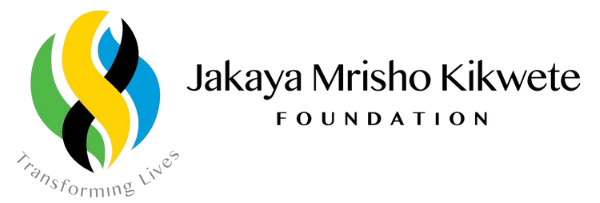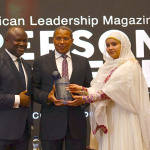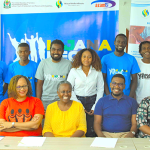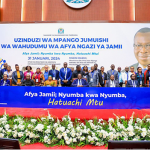The field of Reproductive, Maternal, Newborn, Child, and Adolescent Health & Nutrition (RMNCAH) is at the forefront of global efforts to enhance healthcare, save lives, and promote overall well-being. However, this exhilarating journey is not without its challenges and opportunities.
As a part of this journey in Tanzania, the 2021 RMNCAH&N scientific conference, hosted by the Ministry of Health and TAMISEMI, brought together experts, whose ideas, experience, and passion. The RMNACH&N conference is Ministry led space where dedicated healthcare professionals, policymakers, and stakeholders come together to share learnings, access impact, and address complex issues, seek innovative solutions, and drive positive change. As expand more on this narrative, specifically on the Human Resources for Health (HRH), we will unravel the challenges and recommendations unveiled during this dialogue and all to pave the way for the 2023 RMNCAH&N scientific conference.
The challenges highlighted in this article underscore the critical need for transformative actions to fortify our healthcare systems and achieve lasting improvements in HRH outcomes. These challenges include:
Supply and Demand Imbalance: A central challenge highlighted during the conference was the significant attention given to the demand side of HRH while neglecting needs of the supply side. While the demand for HRH to provide quality RMNCAH services is substantial, the supply of HRH is plagued by both quantitative and qualitative shortages.
The available HRH only constitute 48% of the required workforce, resulting in a staggering 52% deficit. This estimation does not even consider the approximately 3,000 skilled healthcare workers deployed annually by the Basic Management Access Fund (BMAF), exacerbating the retention challenge.
Infrastructure vs. HRH Development: Despite substantial investments in healthcare infrastructure, including national, sub-national, and local government-level initiatives, HRH production, recruitment, and placement have not kept pace. There is a disconnect between infrastructure development and HRH provision, which suggests more efficient allocation of resources.
Skills Gap and High Maternal Mortality: Inadequate skills among healthcare workers (HCWs) emerged as a significant concern during the conference. More than 90% of maternal deaths occur upon arrival at health facilities, signifying a potential lack of necessary skills among HCWs. 45% of maternal deaths result from incompetence of HCW (healthcare workers), and delays in receiving appropriate treatment account for 70% of these deaths. The tendency to attribute these deaths to “Bahati Mbaya” (bad luck) was strongly discouraged, emphasizing the need for improved skills.
Uneven Distribution and Burnout: Uneven distribution of HCWs across regions and health facilities, coupled with poor utilization of available health care professionals available in the country, emerged as a pressing issue. Some areas suffer from staff shortages, while others face overstaffing, contributing to high staff turnover due to burnout.
In the face of these challenges, the participants of the 2021 RMNCAH&N scientific conference did not just identify problems but, more importantly, sought to chart a path to progress. Their thoughtful recommendations represent a collective commitment to investing in human resources and advancing the RMNCAH agenda. These recommendations include:
Capacity Building: Efforts to retain HRH should prioritize capacity building at the institutional level. Tailored training programs should align with the specific needs of healthcare facilities and communities.
Recruitment and Retention: To combat staff turnover, shortages, and burnout, the Ministry of Health and hospital management must recruit enough nurses and explore retention mechanisms actively. Adequate housing for healthcare workers and service providers is critical to enhancing retention.
Knowledge Upgrading: Virtual Continuing Professional Development (CPD) courses should be made available for healthcare workers to upgrade their knowledge and skills. However, improving internet access at healthcare facilities is essential to enable access to the Tanzania Nursing and Midwifery Council (TNMC) CPD platform.
Pre-Service Training Investment: A strategic investment in adequately training nurses and nurse midwives before recruitment and deployment to different healthcare facilities is essential. Pre-service training, focusing on producing competent healthcare workers, is vital in addressing the HRH challenge.
Innovation and Technology: Embracing modern technology, such as telemedicine, can extend healthcare services to remote areas. Building institutional capacity for alternative modes of service provision is essential for addressing healthcare challenges.
Collaboration and Coordination: Effective collaboration between health facilities and communities within the framework of community.
Data-Driven Decisions: Conducting market surveys to identify the required healthcare worker cadres in different health facilities can inform tailored training programs and workforce planning.
Incentives and Motivation: Retention efforts must be complemented by motivation and incentives to ensure that healthcare workers remain productive and committed.
As we reflect on the insights gleaned from the 2021 RMNCAH&N scientific conference, it is evident that addressing the complex challenges of HRH in RMNCAH requires concerted efforts, innovation, and a commitment to enhancing healthcare systems. While the road ahead may be challenging, the dedication of healthcare professionals and stakeholders, as demonstrated in the conference discussions, offers hope for a brighter future. With strategic investments in human resources, leadership development, and collaborative initiatives, the RMNCAH community is poised to build a more robust and resilient healthcare system, improving the lives of millions.
For partnership opportunities and ways to support the 2023 RMNCAH scientific conference, please contact us at info@jmkfoundation.org.
The Jakaya Mrisho Kikwete Foundation (JMKF) envisions transforming lives through innovative and sustainable solutions. Their mission is to collaborate with governments and stakeholders to drive progressive change and enhance the quality of life in Africa. JMKF’s goal in RMNCAH is to work as a field catalyst to guarantee no preventable maternal deaths. Their core values include a commitment to transforming lives, fostering collaboration, maintaining agility, and prioritizing collective results through partnerships.



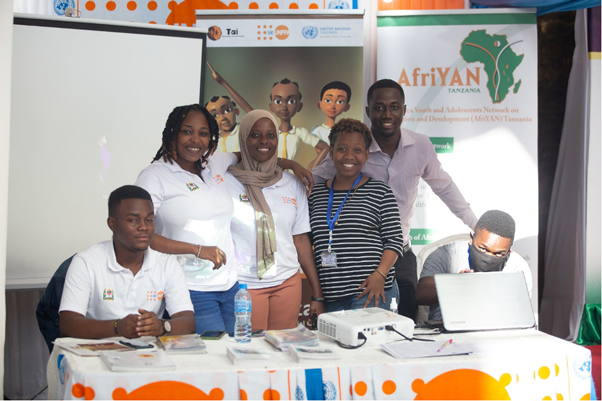






Previous
Next
